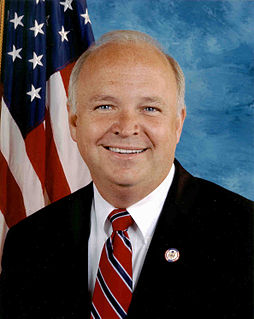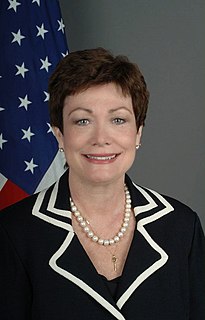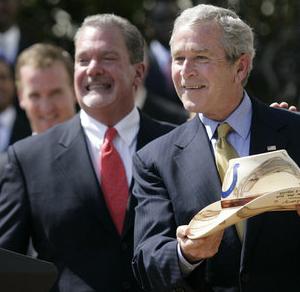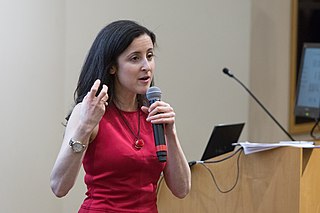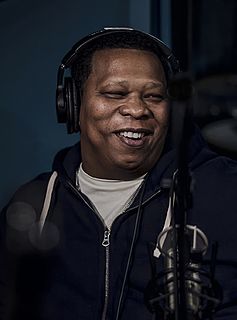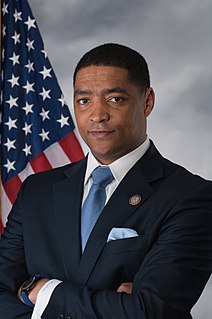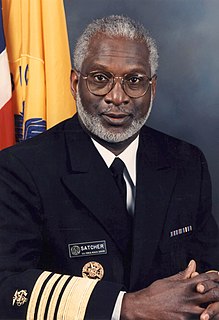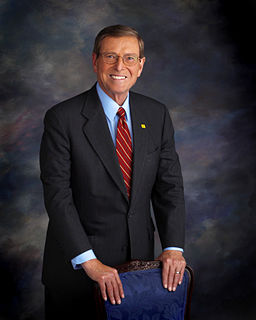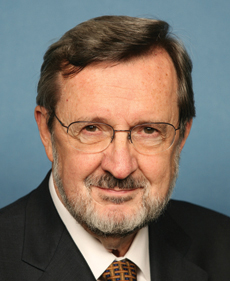A Quote by Calvin Johnson
The outpouring of support from health professionals who want to volunteer for Hurricane Katrina recovery efforts has been tremendous.
Related Quotes
After a disaster such as Hurricane Katrina, the federal government has a profound obligation to help those in need, .. Right now, the victims of Hurricane Katrina need our help. Entire communities have been destroyed. Families have been torn apart. Many are still missing. Tens of thousands remain homeless. As the recovery proceeds, we in the Senate pledge to do everything in our power to help rebuild the shattered lives across the Gulf Coast.
Ever since Katrina, there has been a proliferation of efforts at the state level and among hospital administrators to come up with guidelines that would help professionals stuck in a situation like this to prioritize patients. These are questions of values much more than they are of medicine or nursing. They're the province of everybody.
Do you really want to know why I'm doing all this goodwill, and why I'm an ambassador for Habitat for Humanity and why I gave a million to [relief efforts for Hurricane] Katrina? It's because I feel guilty about the huge hole in the ozone layer my haircuts created. It's my responsibility to right the wrongs of the Eighties.
Our commitment to this founding principle is especially relevant today. Americans are united as rarely before in compassion and generosity for our fellow citizens whose lives have been devastated by Hurricane Katrina. The powerful winds and floodwater of Katrina tore away the mask that has hidden from public view the many Americans who are left out and left behind.
Hurricane Katrina was the storm of the 21st century. It devastated an area the size of Great Britain. More than 1,800 Americans died. Three hundred thousand homes were destroyed. There was $96 billion in property damage. I served on the Louisiana Recovery Authority. I saw Congress write one big check and then skip town.



